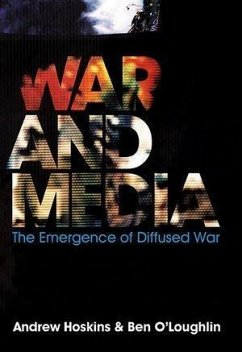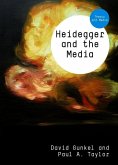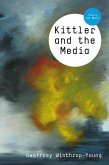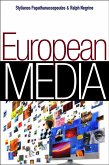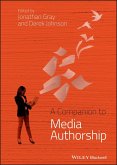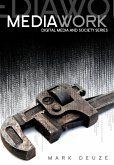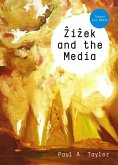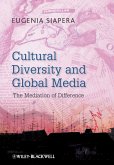The trinity of government, military and publics has been drawn together into immediate and unpredictable relationships in a "new media ecology" that has ushered in new asymmetries in the waging of war and terror. To help us understand these new relationships, Andrew Hoskins and Ben O'Loughlin here provide a timely, comprehensive and highly readable survey of the field of war and media. War is diffused through a complex mesh of our everyday media. Paradoxically, this both facilitates and contains the presence and power of enemies near and far. The conventions of so-called traditional warfare have been splintered by the availability and connectivity of the principal locus of war today: the electronic and digital media. Hoskins and O'Loughlin identify and illuminate the conditions of what they term "diffused war" and the new challenges it raises for the actors who wage and counter warfare, for their agents and mechanisms of the new media and for mass publics. This book offers an invaluable review of the key literature and presents a fresh approach to the understanding of the dynamic relationships between war and media. It will be welcomed by a broad range of students taking courses on war and media and related modules, especially in media, communication and cultural studies, politics and international relations, sociology, journalism, and security studies.
Dieser Download kann aus rechtlichen Gründen nur mit Rechnungsadresse in A, B, BG, CY, CZ, D, DK, EW, E, FIN, F, GR, HR, H, IRL, I, LT, L, LR, M, NL, PL, P, R, S, SLO, SK ausgeliefert werden.
"The most singular feature of Hoskins and O'Loughlin's' achievement in their comprehensive sweep of scholarship in this multi-disciplinary field of war and media is its critical assessment of existing paradigms and theories, and the development of new ones. The work represents an important and ground-breaking milestone in the development of this relatively new specialism about one of the oldest and most important spheres of human experience." -- Joseph Oliver Boyd-Barrett, Bowling Green State University
"Whether we approach the field of contemporary war and communications through preferred optics of 'control', 'chaos' or perhaps 'complexity', this book challenges us all - and rightly so. It invites us to take seriously how today's media ecology not only mediates contemporary wars, but becomes insinuated inside the course and conduct of warfare itself." -- Simon Cottle, Cardiff University
"In today's new environment of an apparent never-ending war on terror, governments put together their media strategy with as much care as they construct their military one. This important book helps us understand the fragile relationship between war and media and examine it with a fresh and informed eye." -- Phillip Knightley, author of The First Casualty, a history of war correspondents and propaganda
"Whether we approach the field of contemporary war and communications through preferred optics of 'control', 'chaos' or perhaps 'complexity', this book challenges us all - and rightly so. It invites us to take seriously how today's media ecology not only mediates contemporary wars, but becomes insinuated inside the course and conduct of warfare itself." -- Simon Cottle, Cardiff University
"In today's new environment of an apparent never-ending war on terror, governments put together their media strategy with as much care as they construct their military one. This important book helps us understand the fragile relationship between war and media and examine it with a fresh and informed eye." -- Phillip Knightley, author of The First Casualty, a history of war correspondents and propaganda

